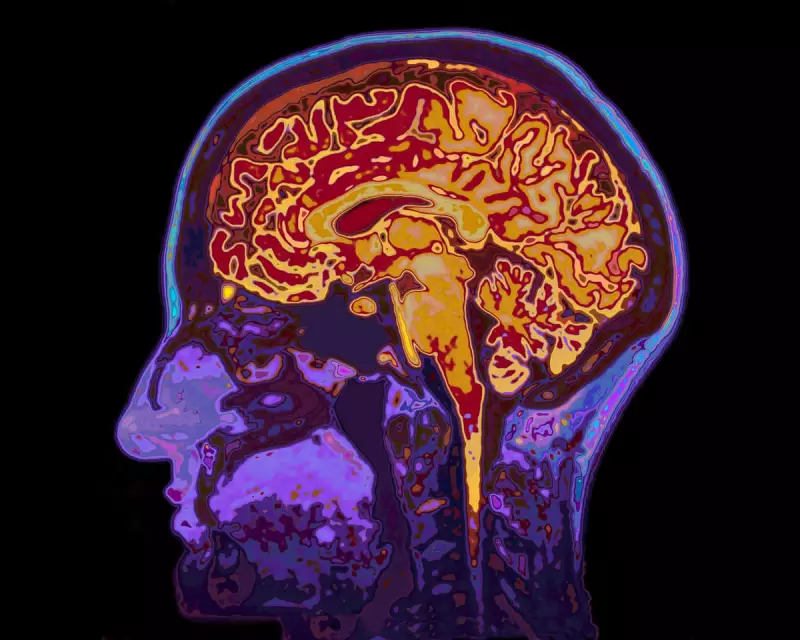
Ever experienced those frustrating moments when your mind suddenly goes blank during a simple task, or you find yourself reading the same sentence repeatedly without comprehension? Scientists have now uncovered the precise neurological mechanism behind these attention failures - and it's intimately linked to how tired you are.
The Brain's Attention System Under Siege
Cutting-edge research from leading neuroscientists reveals that sleep deprivation doesn't just make you feel groggy - it actively disrupts the delicate coordination between different brain networks responsible for maintaining focus. Using advanced brain imaging technology, researchers observed how tired brains struggle to maintain the synchronized activity necessary for sustained attention.
When Neural Networks Fail to Communicate
The study demonstrates that well-rested brains maintain a careful balance between the dorsal attention network (which handles focused concentration) and the default mode network (active during mind-wandering). In sleep-deprived individuals, this delicate balance collapses, causing the brain to flicker unpredictably between states of focus and distraction.
The Real-World Impact of Neural Instability
This neurological instability manifests in everyday situations that many will recognise:
- Missing your motorway exit despite knowing the route well
- Forgetting why you walked into a room moments after entering
- Struggling to follow simple conversations or instructions
- Making uncharacteristic errors in routine tasks
Beyond Simple Tiredness: A Systemic Breakdown
The research goes beyond conventional understanding of fatigue, showing that sleep deprivation doesn't merely slow brain processing speed. Instead, it creates a fundamental reliability problem in how different brain regions communicate. One moment your attention systems might function normally, the next they unexpectedly fail - creating unpredictable performance gaps that can have serious consequences for driving, work performance, and daily safety.
A Warning for High-Stakes Professions
These findings carry significant implications for professions requiring constant vigilance, including healthcare workers, transportation operators, and emergency responders. The research suggests that even moderate sleep deprivation - the kind many people experience regularly - can create dangerous fluctuations in cognitive reliability that the individuals themselves may not recognise.
The study underscores what many have long suspected: that proper rest isn't a luxury but a biological necessity for maintaining the complex neural coordination that underpins our ability to concentrate, make decisions, and navigate daily life safely.





